Dev Kumar
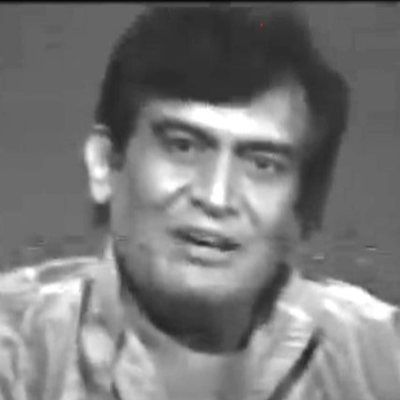
Subscribe to read full article
This section is for paid subscribers only. Our subscription is only $37/- for one full year.
You get unlimited access to all paid section and features on the website with this subscription.
Not ready for a full subscription?
You can access this article for $2 , and have it saved to your account for one year.
- Real Name: Chamanlal Kohli
- Born: 1930 (Jhelum)
- Died: 17 September, 1990 (Bombay)
- Primary Cinema: Hindi
- Parents: Srikumar Kohli
Dev Kumar, born Chaman Lal Kohli, was a versatile actor best known for his compelling villainous roles in Indian cinema. A passionate performer from a young age, he admired Dev Anand and Dilip Kumar to such an extent that he ended up adopting ‘Dev Kumar,’ a combination of both actors’ names, as his screen name when he entered the industry. Despite early struggles, he carved a niche for himself and became a celebrated figure in Hindi films.
Chaman Lal Kohli was born in 1930 in Dameli village, Jhelum district (now in Pakistan). He was a veteran character actor in Hindi cinema who was widely recognized for his negative roles. His journey into films was unconventional, marked by multiple career shifts and personal reinvention, yet he managed to leave his mark on the industry.
Born into a Punjabi Hindu family, his father, Shri Ram Kohli, was a former wrestler. Despite his father's reluctance, Dev Kumar harbored a passion for the arts from a very young age. He was deeply interested in poetry and playwriting and was well-versed in Urdu. Since childhood, he aspired to become an actor but faced discouragement from his father. However, he received a good quality education. He pursued a Bachelor of Arts degree from Delhi University where he was deeply involved in performing arts. Quite often, he used to write under the pen name, Falak Dehlvi, during his student days. On his father’s advice, he initially joined the Indian Army and later transitioned into the Police Force. Recognized for his honesty and diligence, he was eventually transferred to the Customs Anti-Smuggling Department, where he served with distinction.
Despite his stable career, his passion for acting remained strong. While performing in a stage play in Delhi, he was discovered by legendary filmmaker Bimal Roy, who cast him in Bandini (1963). However, before filming began, he was replaced by Ashok Kumar. The setback was severe—Dev lost his customs job for failing to obtain prior permission before pursuing acting. Left unemployed, he struggled to find work. He used to visit film studios frequently in search of an opportunity.
His break finally came when director Satyen Bose remembered him and cast him in Mere Lal (1966). His debut set the stage for a prolific career, leading him to act in a string of films such as Ghar Ka Chirag (1967), Farishta (1968), Ek Phool Ek Bhool (1968), Spy in Rome (1968), Fareb (1968), Nai Zindagi (1969), Road to Sikkim (1969), Bank Robbery (1969), Raat Ke Andhere Mein (1969), Patni (1970), Sasta Khoon Mehenga Pyar (1970), Night in Calcutta (1970), Simla Road (1969), Truck Driver (1970), Veer Amarsingh Rathaud (1970), Dagabaaz (1970), Balidaan (1971), Double Cross (1973), and Bhaavna (1972).
Although he played lead roles in several B-grade films, his towering physique and striking features made him a natural choice for villainous characters, which soon became his forte.
In 1971, Dev Kumar traveled to Hollywood in pursuit of an acting career but was unable to secure any opportunities. Upon returning to India, he found it difficult to land film roles until Navketan Films and Rajshri Productions offered him negative roles. Though he had never aspired to play villains, he eventually embraced these roles which catapulted him to fame.
By the 1970s, Dev Kumar had established himself as a formidable character actor and an iconic villain. His performances in films like Lalkar (1972), Manoranjan (1974), Himalay Se Ooncha (1975), Khel Khel Mein (1975), Saazish (1975), Chacha Bhatija (1977), Dharam Veer (1977), Khel Khilari Ka (1977), Parvarish (1977), iDesh Drohi (1980), Armaan (1981), Kaalia (1981), Love Story (1981), Namak Halaal (1982), Raaj Tilak (1984), Jawab Hum Denge (1987), Asmaan Se Ooncha (1989), Haatim Tai (1990), and Farishtay (1991) showcased his versatility and depth as an actor.
Apart from mainstream films, he also made a mark in horror cinema with performances in Shaitan Mujrim (1979), Guest House (1980), and Dahshat (1981), earning recognition for his gripping portrayals in the genre.
Dev Kumar was a family-oriented man. He had three children, each of whom found success in their respective fields. His daughter Manisha is married to Daksh Shetty, while his second daughter, Divya, has established a thriving business. His third daughter, Rajni, and her husband Sanjiv Rajadhyaksha, are veterinarians who run the Animal Clinic in Khar, Mumbai.
Beyond acting, Dev Kumar was also a gifted motivational speaker. On September 17, 1990, he succumbed to cardiac arrest while delivering a speech at K.C. College in Bombay. His legacy endures through his vast body of work, inspiring future actors with his dedication, resilience, and memorable performances. Even today, his name is synonymous with some of the most menacing yet compelling villains in Indian cinema history.
-
Filmography (92)
SortRole
-

Aurat Aurat Aurat 1996
-

Numbri Aadmi 1991
-

Awaaz De Kahan Hai 1990
-

Haatim Tai 1990
-
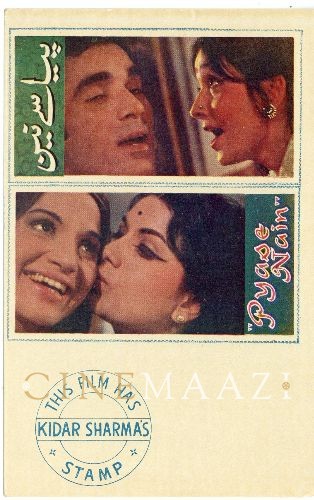
Pyase Nain 1989
-
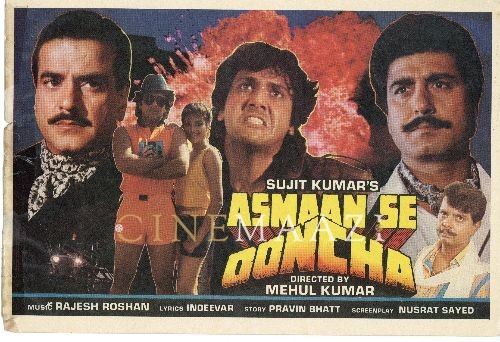
Asmaan Se Ooncha 1989
-
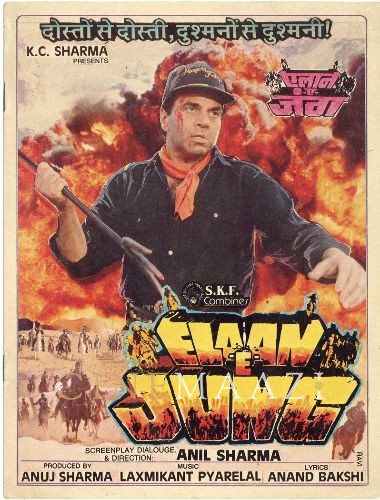
Elaan E Jung 1989
-

Akhri Muqabla 1988
-

Madadgaar 1987
-

Faqeer Badshah 1987
-







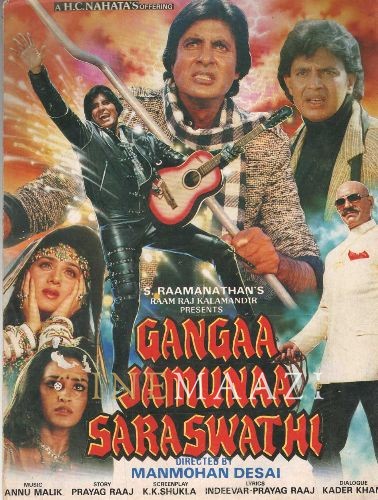


.jpg)



